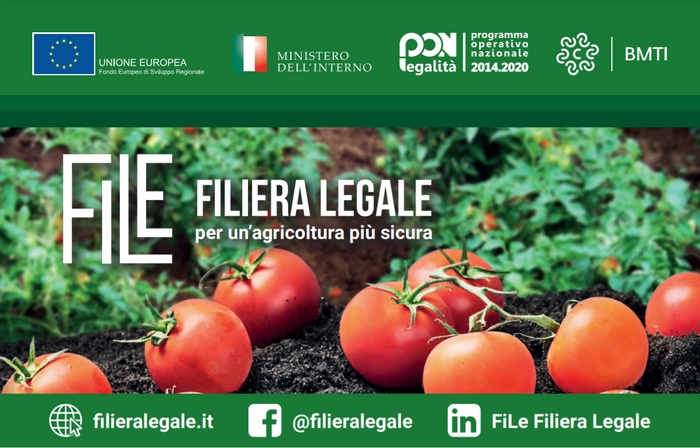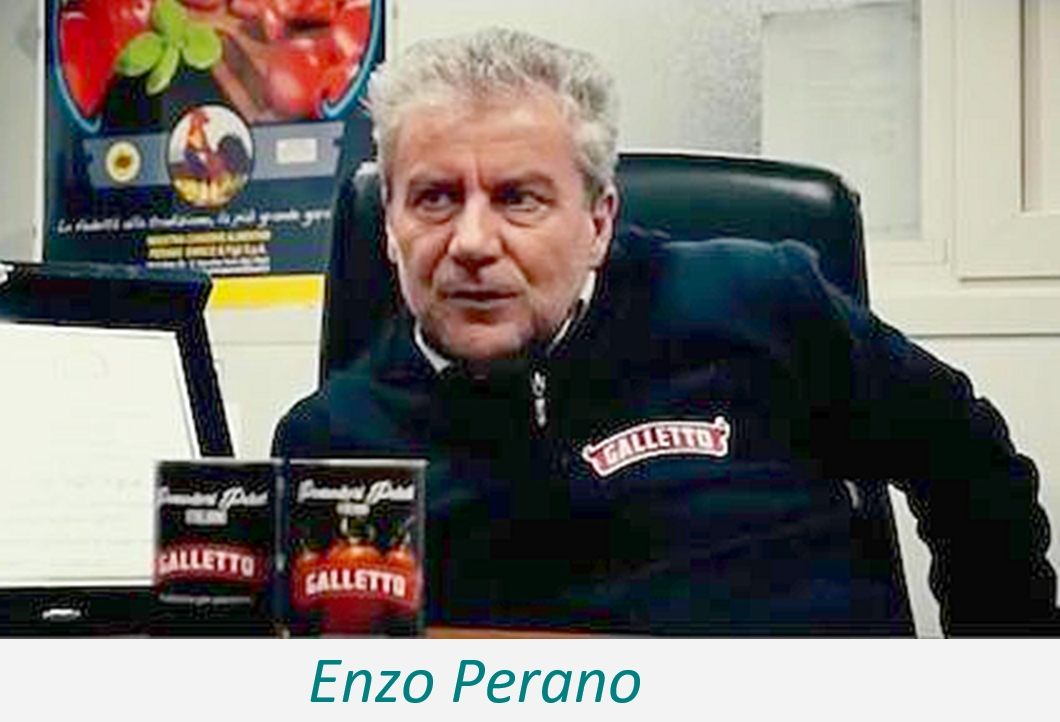Respect for your privacy is our priority
The cookie is a small information file stored in your browser each time you visit our web page.Cookies are useful because they record the history of your activity on our web page. Thus, when you return to the page, it identifies you and configures its content based on your browsing habits, your identity and your preferences.
You may accept cookies or refuse, block or delete cookies, at your convenience. To do this, you can choose from one of the options available on this window or even and if necessary, by configuring your browser.
If you refuse cookies, we can not guarantee the proper functioning of the various features of our web page.
For more information, please read the COOKIES INFORMATION section on our web page.


 Megamark operates in the South of Italy, mainly in Apulia, Molise, Basilicata, Campania and Calabria. The chain operates around 500 retail locations, with a turnover of around EUR 2 billion in 2020. “We have created this certified sector, explained Francesco Pomarico, to fight in practical ways against the scourge of the mafia. We met Yvan Sagnet, a young black immigrant at the forefront of the fight against this type of exploitation, and we decided to join him in his struggle.”
Megamark operates in the South of Italy, mainly in Apulia, Molise, Basilicata, Campania and Calabria. The chain operates around 500 retail locations, with a turnover of around EUR 2 billion in 2020. “We have created this certified sector, explained Francesco Pomarico, to fight in practical ways against the scourge of the mafia. We met Yvan Sagnet, a young black immigrant at the forefront of the fight against this type of exploitation, and we decided to join him in his struggle.”
 “It is true that the summer 2020 season ended overall with a significant increase (+8% compared to 2019) in the quantities delivered to the national processing industry. However, these percentages refer to certain regions in the North of the country where high yields have been recorded, while in the South of Italy (Apulia and Campania), for various reasons, the sector was affected not only by the persistence of high temperatures at the end of July (which made tomatoes ripen in a grouped pattern) but also by the scarcity of water resources.”
“It is true that the summer 2020 season ended overall with a significant increase (+8% compared to 2019) in the quantities delivered to the national processing industry. However, these percentages refer to certain regions in the North of the country where high yields have been recorded, while in the South of Italy (Apulia and Campania), for various reasons, the sector was affected not only by the persistence of high temperatures at the end of July (which made tomatoes ripen in a grouped pattern) but also by the scarcity of water resources.”





























